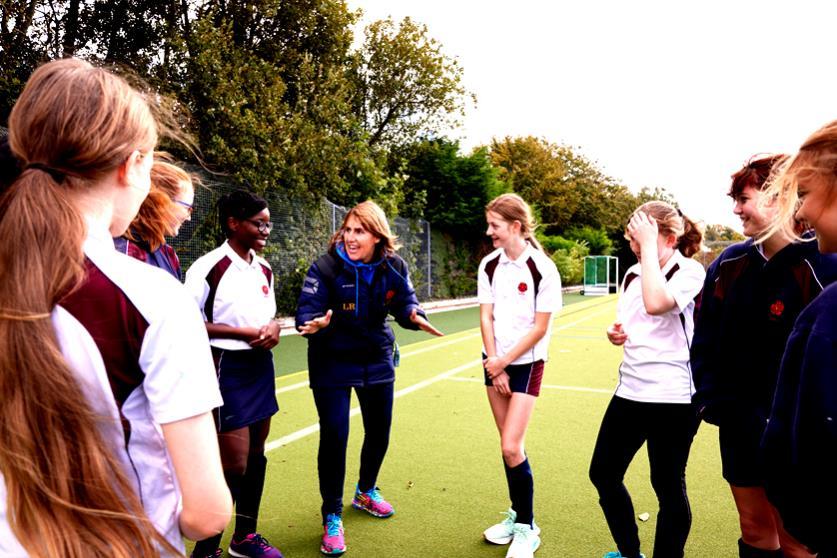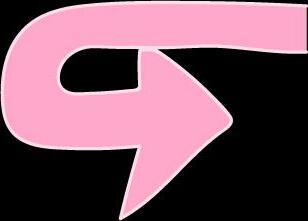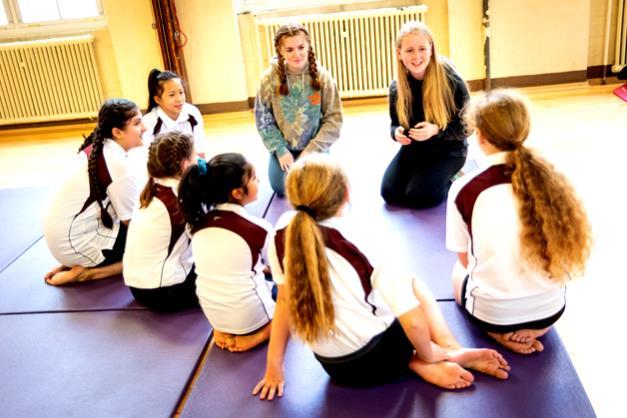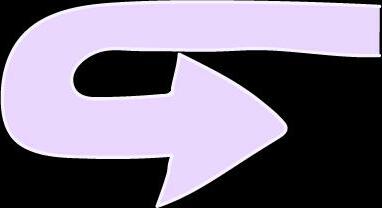
5 minute read
P H Y S I C A L E D U C A T I O N
FREE OPTION CHOICE PHYSICAL EDUCATION
Gcse PHYSICAL EDUCATION
This dynamic theoretical and practical course builds on student’s experiences from Key Stage 3. The modern specification is designed to open students’ eyes to the amazing world of sport by delving into a vast range of topics from Anatomy and Physiology to Sports Psychology and Technology: alongside the chance to perform at a competitive level. The combination of the physical performance and academic challenge provides an exciting opportunity to learn in a variety of challenging and engaging learning environments. The diverse nature of this subject means that it complements many subjects and is a great compliment to the science subjects at GCSE, although it also combines with a wide range of other subjects too. The new and contemporary topics will help students of all abilities to develop a well-rounded skill set and prepare them for progression to further studies. The qualification aims to: • equip students with essential life-skills and knowledge required for further education and the world of work • offer students the opportunity to experience and develop an interest in a variety of different sports • develop an appreciation of social, moral and cultural issues which affect participation and performance in physical activity • improve the skills necessary to analyse, evaluate and improve performance • develop an understanding of the factors influencing performance and participation in sport Year 10 CORE PE Curriculum You will have four hours per fortnight. Throughout the year you will participate in a range of indoor and outdoor games, healthrelated exercise, tennis, athletics and rounders. There will be opportunities for you to experience performing, officiating, coaching and leading in each activity. All students will be given the opportunity to gain the Sports Leader Award, Level 1,
W H Y P E ?
Physical education enables students to become confident, connected, actively involved, lifelong learners. It helps students develop the skills, knowledge, and competencies to live healthy and physically active lives at school and for the rest of their life. Promoting active lifestyles and understanding how this influences their own well-being and that of others. Students challenge themselves to develop their physical and interpersonal skills, sharpen their knowledge of strategy and tactics, and help them to transfer knowledge from one context to another. Physical Education also develops teamwork, leadership, and interpersonal skills and teaches the necessary knowledge and skills for working with and relating to others, and provides the learning opportunities to develop these skills. It enables the development of leadership and teamwork skills and encourages students to transfer knowledge to other learning areas. It does this for example, by supporting students to work cooperatively in other subjects, or when working with groups in a leadership role in the school setting and in their lives outside of school in sports clubs or community groups.


which is a national qualification accredited by Sports Leaders UK.
Year 11 CORE PE Curriculum You will take part in three hours per fortnight and be given the opportunity to take part in a wide variety of different activities on a weekly basis. Activities include problem solving, backball, dodgeball, fitness suite, lacrosse, handball and many more. The fantastic programme means you will always take part in something you enjoy and never get bored!
Extra-Curricular Opportunities At Key Stage 4:
There is a still a vast extracurricular timetable available to you including hockey and netball. If competitive sport is not for you then why not make use of the fitness suite and dance studio before school, at lunch time or after school. Some pupils choose to coach or officiate the younger pupils and this is a fantastic way to develop your leadership skills.
Here are some reasons why GCSE PE is for you ... • You enjoy a range of sporting activities • You are competent at a range of sporting activities • You want to improve your own performance in a range of sporting activities • You want to know more about the benefits of sport and exercise • You are interested in a sport related career.
The course takes place over two years with five lessons over two weeks and consists of practical and theoretical components in the following format: Examination (60%) Two written papers (78 marks) 1 hour 15 minutes Paper 1: The human body and movement in physical activity and sport
Examination topics: Applied anatomy and physiology Movement analysis Physical training Use of data
Paper 2: Socio-cultural influences and well-being in physical activity and sport.
Examination topics: • Sports psychology • Socio-cultural influences • Health, fitness and well-being • Use of data • Practical Controlled Assessment: 40% You will be assessed as a performer in three different physical activities, one in a team activity, one in an individual activity and a third in either a team or in an individual activity. For each of the three activities, you will be assessed in skills in progressive drills and in the full context This section will also include a written piece of work based on analysis and evaluation of performance in one of your activities. CONTACT teacher Miss Sharples EXAM BOARD AQA


ASSESSMENT THEORY - 60% Paper 1: 1 hour 15 minutes Paper 2: 1 hour 15 minutes PRACTICAL - 40% 3 Practical performances in 3 different individual and team sports. Written sports analysis coursework.
CAREERS Sport and fitness is a huge industry and you can be part of it. If you’re keen on sport you can make a living from your passion. PE opens up a whole number of career options. Sport scientist Teacher Event organiser Armed forces Emergency services Physiotherapist Medicine Nutritionist Psychologist Sports design Sports management Sports therapy sports marketing Journalist Fitness instructor Dietician










